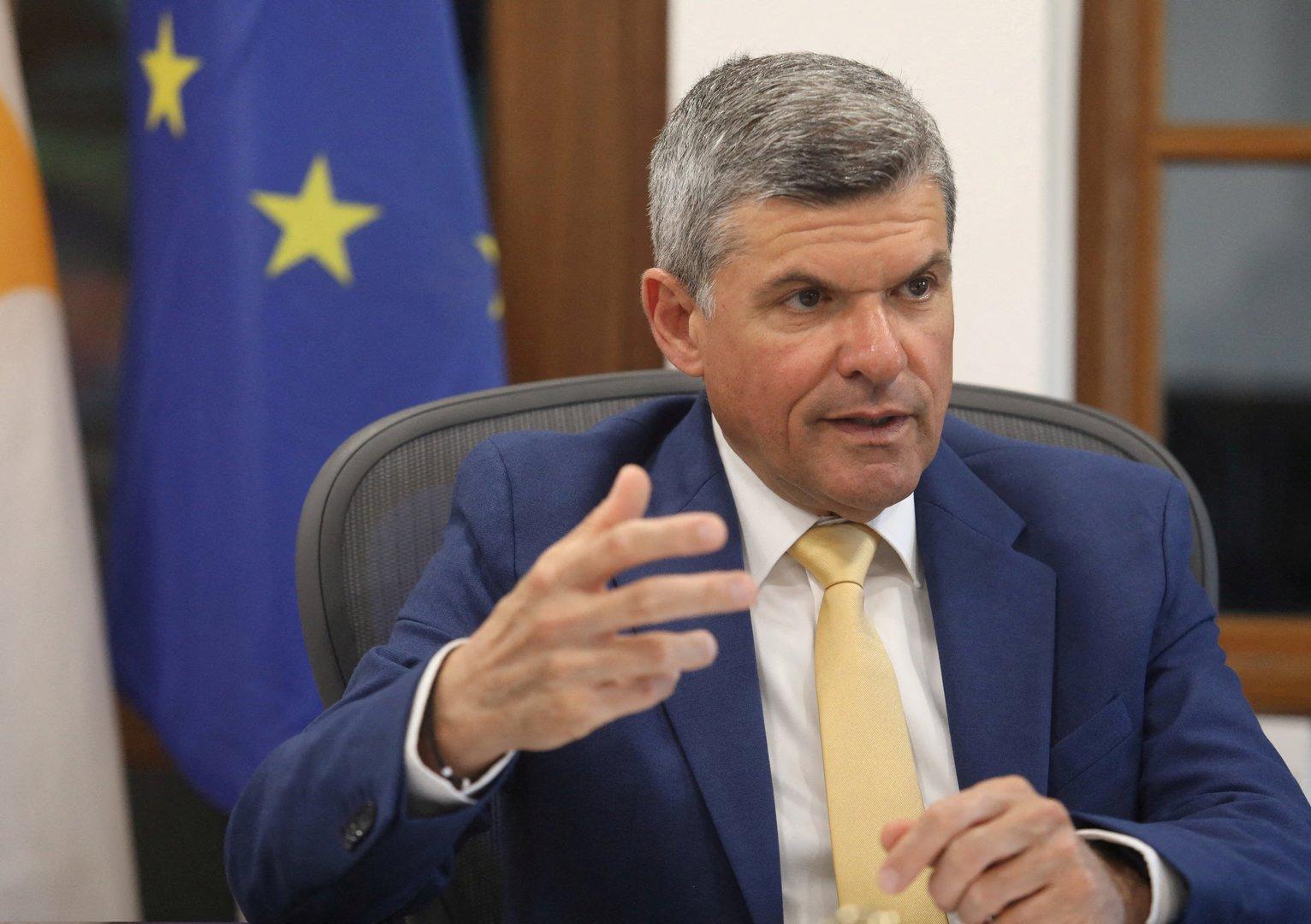The European Commission has demanded that Cyprus repay nearly €69 million in grants it received for the construction of a liquefied natural gas (LNG) terminal at Vasiliko.
This was announced recently by the Ministry of Energy.
In particular, the ministry received a letter from the European Commission listing the violations found during the implementation of the large-scale project.
The violations relate to the criteria used to evaluate the consortium in charge of building the terminal," the ministry said.
Recall that China Petroleum Pipeline Engineering Co and Metron Energy Applications SA jointly formed the CPP-Metron Consortium (CMC), which was responsible for the construction of the terminal until its contract with the government was cancelled on 18 July.
On Saturday (27 July), the ministry said the letter "alleges two serious irregularities", the first relating to the criteria for awarding the tender to the listed companies in December 2019, and the second to the signing of the bilateral agreement in June 2022, after the approval of an additional €25 million in funding.
As a result, the Commission has requested the Cypriot government to repay exactly €68,608,438.46, which is the exact amount paid by the Commission to the state-owned natural gas infrastructure company (Etyfa). The money was provided under the Cyprus Gas 2 EU project.
The ministry said it would respond to the Commission's letter within 30 days, adding that "the government's priority remains to protect the country's interests". The ministry stressed that it
was working "in full cooperation with the European authorities" and had done so "from the very beginning, in accordance with the strict instructions of President Nicos Christodoulides" to carry out a "full investigation of the facts".
For its part, the European Public Prosecutor's Office (EPPO) publicly announced the opening of an investigation into possible procurement fraud, misappropriation of EU funds and corruption in the case of the construction of the Vasiliko LNG terminal.
It should be noted that the initial estimated cost of the project was €500 million, but the final cost estimate reached €542 million. The contractor's costs, initially €6 million, almost doubled as the project progressed to €11.5 million. A €25 million increase in the estimated cost of steel contributed to the additional cost increase. The construction works were estimated at €250 million and the twenty-year operation and maintenance costs would have been €210 million.
Financing for the project included €101 million in European Union grants, €230 million in European Union loans and a €43 million financial contribution from the Electricity Company of Cyprus. However, the issue of subsidies hung in the balance as Brussels saw that the project was not progressing well and deadlines were not being met.
Following the cancellation of the contract with the contractor, the situation deteriorated further.
